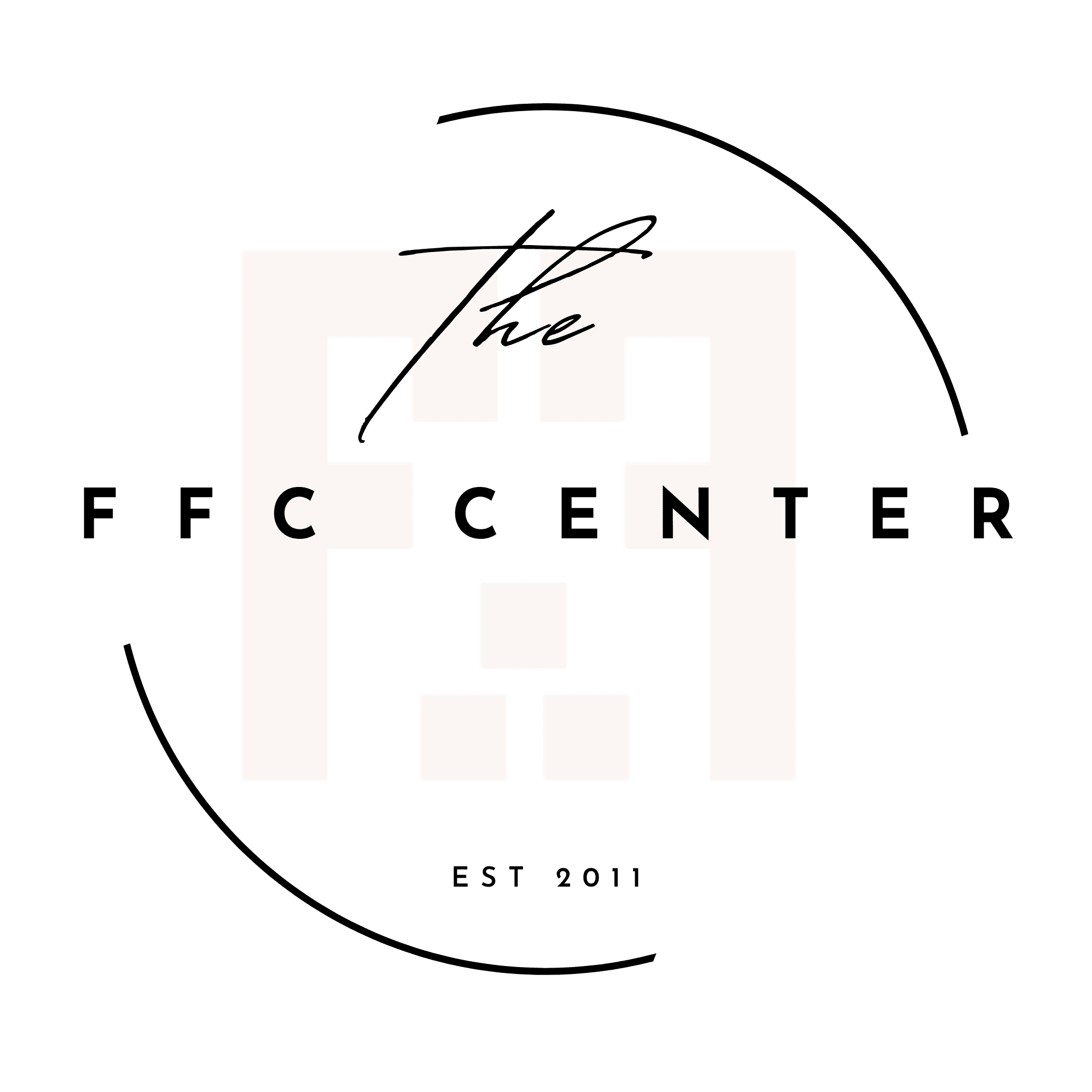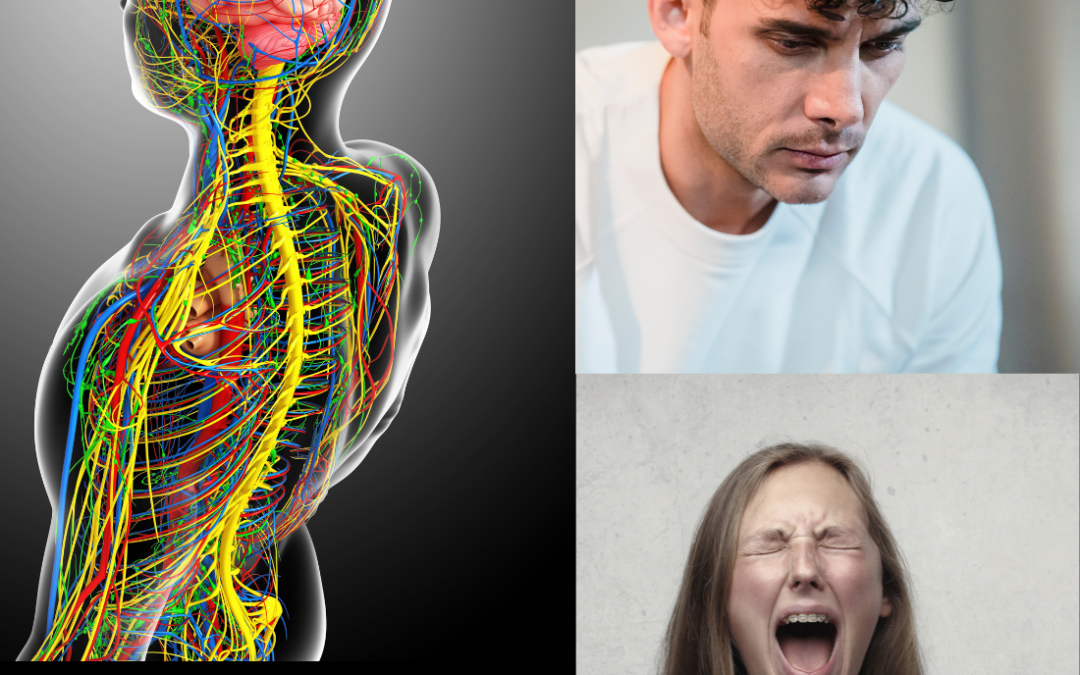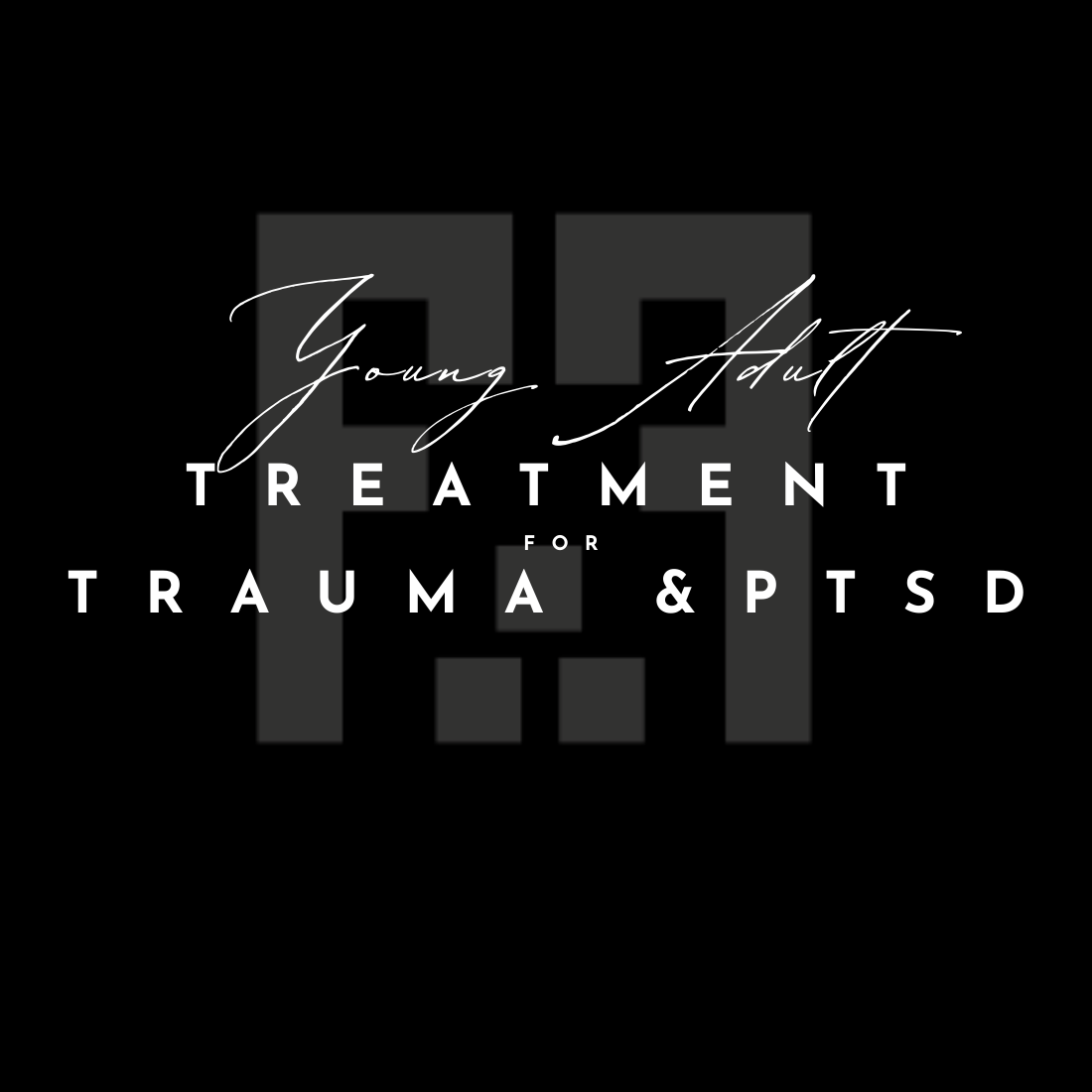Unmasking the shadows
Recognizing Childhood Trauma in Young Adults
Introduction:
Childhood trauma casts a long shadow, affecting individuals well into their young adulthood. For those between the ages of 18 and 32, the impact of early-life adversities can manifest in various ways, influencing emotional, psychological, and even physical well-being. In this blog post, we will delve into the subtle yet profound symptoms of childhood trauma that often linger beneath the surface, affecting young adults as they navigate the complexities of their formative years
Difficulty Establishing Healthy Relationships:
One of the telltale signs of childhood trauma is the struggle to form and maintain healthy relationships. Young adults who have experienced trauma may find it challenging to trust others, fearing vulnerability and potential rejection. This difficulty can extend to both platonic and romantic relationships, hindering the development of deep connections and intimacy.
Persistent Anxiety and Hyperarousal:
Childhood trauma can wire the brain for constant vigilance, leading to persistent anxiety and hyperarousal. Young adults may find themselves easily startled, struggling with concentration, and experiencing an overall sense of unease. These symptoms can interfere with daily life, affecting academic and professional pursuits.
Depression and Low Self-Esteem:
The emotional toll of childhood trauma often manifests in symptoms of depression and low self-esteem. Young adults may grapple with feelings of worthlessness, inadequacy, and an overwhelming sense of sadness. The scars left by early trauma can contribute to a negative self-image, impacting various aspects of their lives.
Self-Harming Behaviors:
In an attempt to cope with overwhelming emotions, some young adults who have experienced childhood trauma may resort to self-harming behaviors. This could include cutting, burning, or other forms of self-mutilation as a way to regain control over their emotional pain. Recognizing and addressing these behaviors is crucial for providing the necessary support and intervention.
Substance Abuse as a Coping Mechanism:
Many individuals with a history of childhood trauma turn to substances like drugs or alcohol as a means of self-medication. Substance abuse serves as a temporary escape from the emotional pain, but it can exacerbate the long-term effects of trauma and lead to a cycle of dependency.
Impaired Emotional Regulation:
Childhood trauma can disrupt the development of healthy emotional regulation skills. Young adults may struggle to identify and express their emotions appropriately, leading to outbursts of anger, mood swings, or emotional numbness. Developing effective coping mechanisms becomes essential in restoring emotional balance.
Intrusive Memories and Flashbacks:
Recurrent, intrusive memories of traumatic events and flashbacks are hallmark symptoms of post-traumatic stress disorder (PTSD). Young adults may find themselves re-experiencing past traumas, causing significant distress and interfering with their ability to function in everyday life.
Perfectionism and Over-achievement:
Some individuals respond to childhood trauma by adopting perfectionistic tendencies and overachieving in various aspects of their lives. While this drive for excellence may initially seem positive, it often stems from an underlying fear of failure and a desperate need for validation and control.
Alternatively, many young adults grapple with not reaching their full potential. The lingering impact of early adverse experiences can lead to long-lasting trust issues and a pervasive sense of inadequacy. Scars from the past can impede academic and career achievements, hindering personal growth and fulfillment.
Conclusion:
Understanding and recognizing the symptoms of childhood trauma in young adults aged 18-32 is essential for fostering a supportive environment that facilitates healing and growth. For friends and family members, it is crucial to approach these individuals with empathy, patience, and a commitment to helping them navigate the complexities of their past. By shedding light on the shadows cast by childhood trauma, we can work towards breaking the cycle and empowering young adults to build a brighter and more resilient future. Supportive interventions and therapy can play a crucial role in helping you navigate these challenges and unlock the resilience needed for a brighter future.
Young Adult Treatment for Trauma & PTSD
Young adults aged 18-32 with a history of trauma can face unique challenges that impact various areas of life. We provide a holistic approach to mental health, addressing PTSD, anxiety, depression, and mind-body issues through comprehensive evaluations, individualized counseling, private community and recovery resources, and EMDR Intensives. Want to learn more?
About the Author

Shahidrah Cowgill, PhD(c), LPC-S, NCC
Clinical Director
Shahidrah is the founder of Fundamental Foundations Counseling Center, where innovative and community-oriented solutions help clients in need of comprehensive trauma recovery treatment. She specializes in advanced and intensive EMDR strategies to help people find lasting relief after complex trauma-related experiences.
Want to learn more about our trauma treatment and support services for young adults?
Access Comprehensive Trauma Recovery Care


